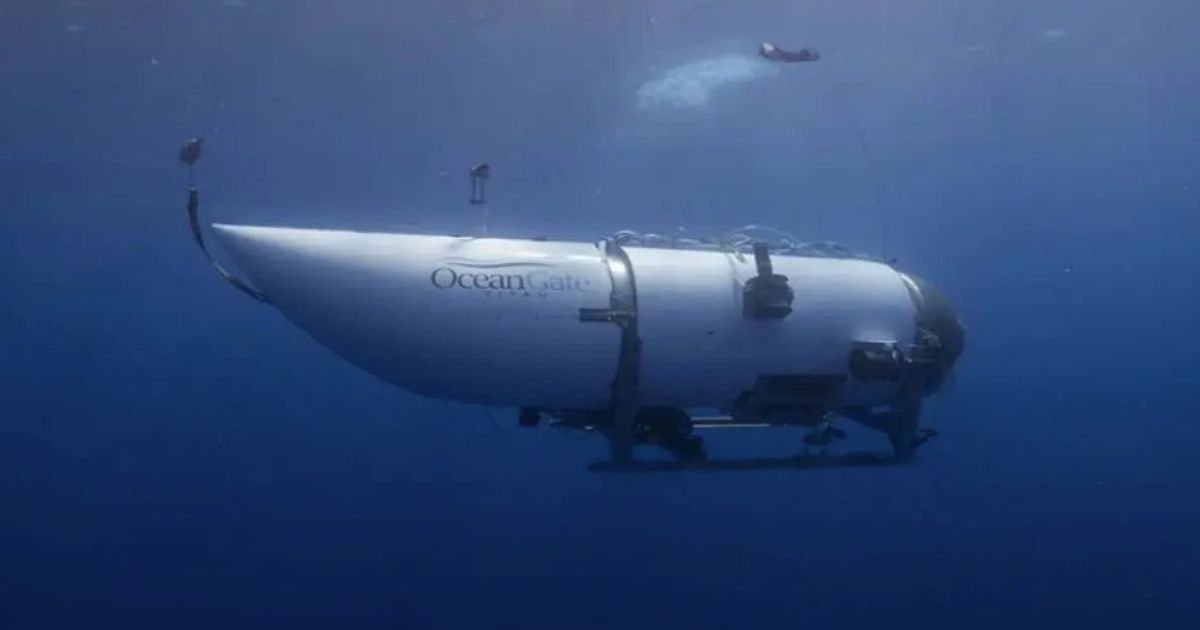Shortly after the Titan submersible lost communication with the surface, the U.S. Navy, using classified technology, detected sounds the military “suspected” were caused by the implosion of the vessel, according to officials involved in the search.
The Wall Street Journal on Thursday published an exclusive report citing those officials, who said the search commander had been informed of the discovery but that defense officials had withheld the information
Other sounds, including something that sounded like “knocking,” were detected at various points during the search, but nothing has yet been conclusively linked to the implosion of the Titan.
“The U.S. held off making public what noises it had detected because it wanted to ensure search-and-rescue operations continued and couldn’t say for sure it was an implosion,” the Journal reported.
For reasons of national security, the Navy asked the Journal to refrain from naming the system that detected the noises.
The system’s purpose is the detection of enemy submarines. The Navy began using it to aid in the search for the Titan shortly after it lost contact with the outside world.
The estimated location of the implosion sounds helped narrow the area being used by search and rescue teams.
“The U.S. Navy conducted an analysis of acoustic data and detected an anomaly consistent with an implosion or explosion in the general vicinity of where the Titan submersible was operating when communications were lost,” an unnamed senior U.S. Navy official told the Journal in a statement. “While not definitive, this information was immediately shared with the Incident Commander to assist with the ongoing search and rescue mission.”
“[T]he analysis of the acoustic data was a significant factor in scoping the search area, and thereby enabling the assets on scene to locate the degree of the debris field,” an unnamed defense official added, according to the Journal.
A debris field was subsequently identified roughly 1,600 from the bow of wreckage of the Titanic that the submersible had intended to explore.
The Titan submersible began its original descent to explore the ruins of the Titanic on Sunday and was last heard from less than two hours into its dive.
The Titan reportedly launched with an estimated 96 hours of oxygen for its five passengers, which means the group likely would have run out of air by Thursday morning.
Canadian P-3 aircraft detected underwater noises in the search area. As a result, ROV operations were relocated in an attempt to explore the origin of the noises. Those ROV searches have yielded negative results but continue. 1/2
— USCGNortheast (@USCGNortheast) June 21, 2023
The story took a haunting turn Wednesday morning with reports of “underwater noises” detected by the Coast Guard, leading some to speculate that the crew was trying to make contact with the outside world.
On Thursday, the families of those on board the Titan were informed of the Navy’s findings. On the same day, the Coast Guard and OceanGate, the company that operated the Titan, both stated that the Titan had been lost and its occupants presumed dead.
A defense official told the Journal that the U.S. would investigate further to determine if the implosion sounds detected were actually caused by the Titan.
This article appeared originally on The Western Journal.
























